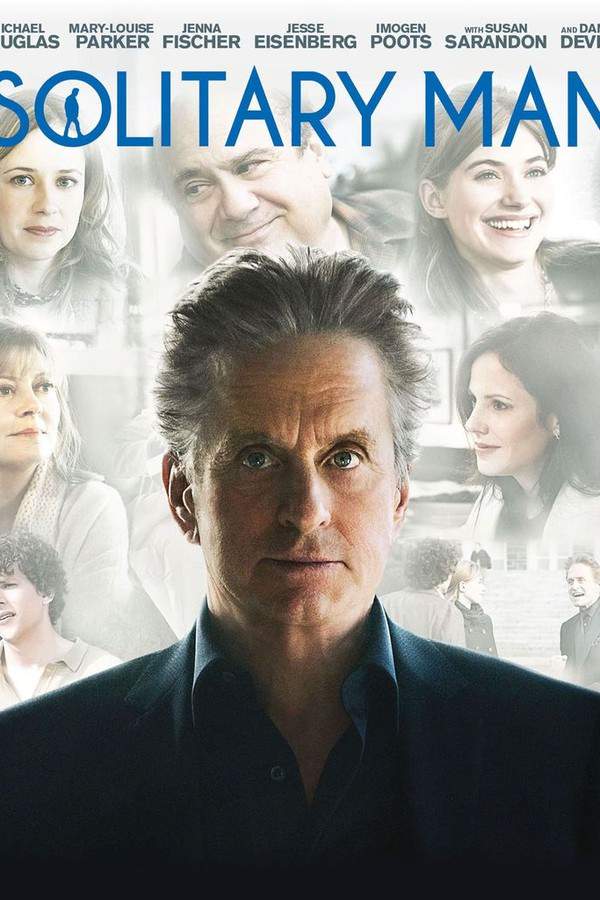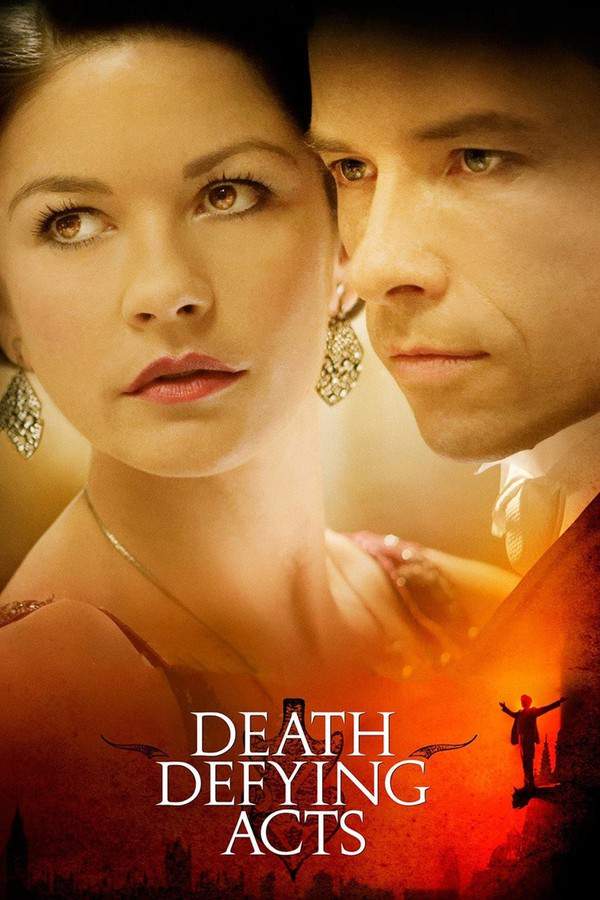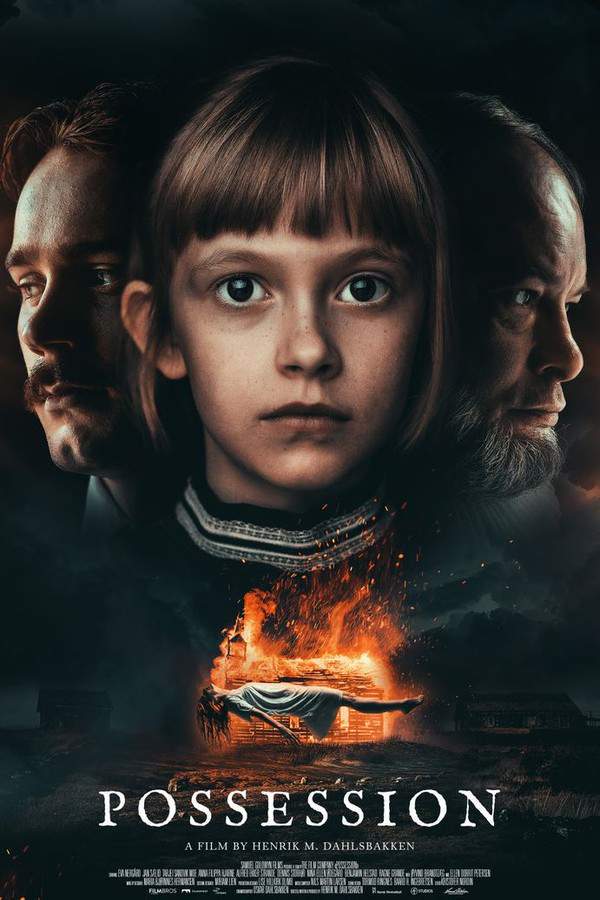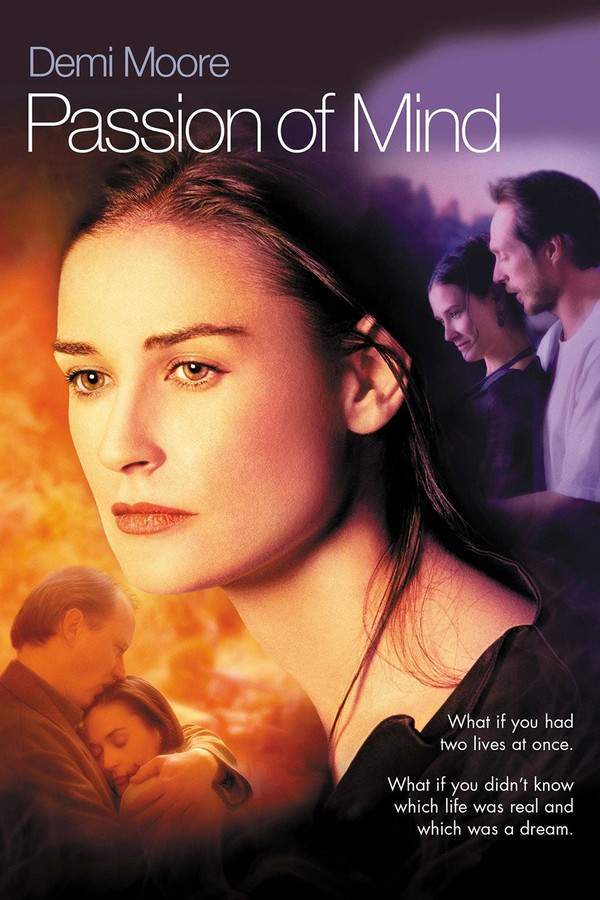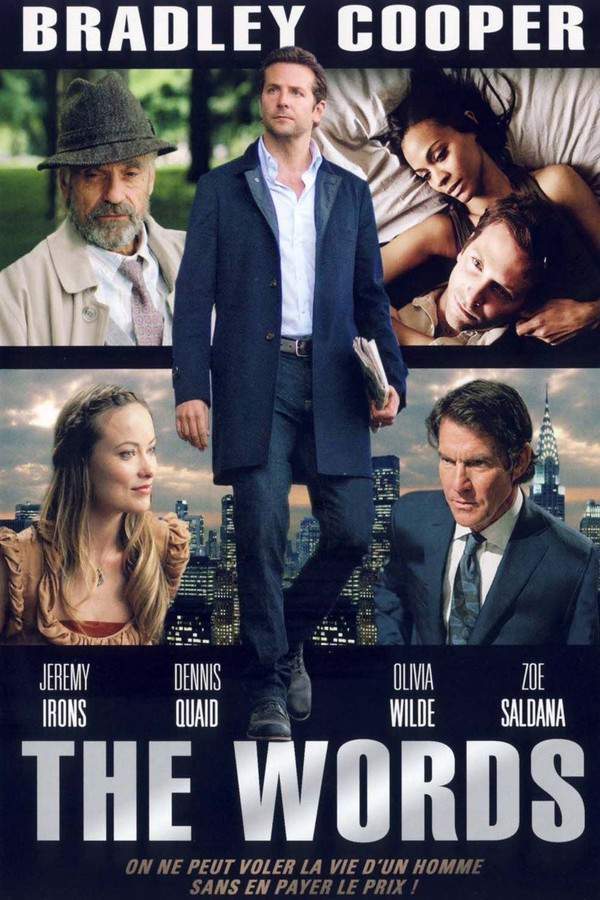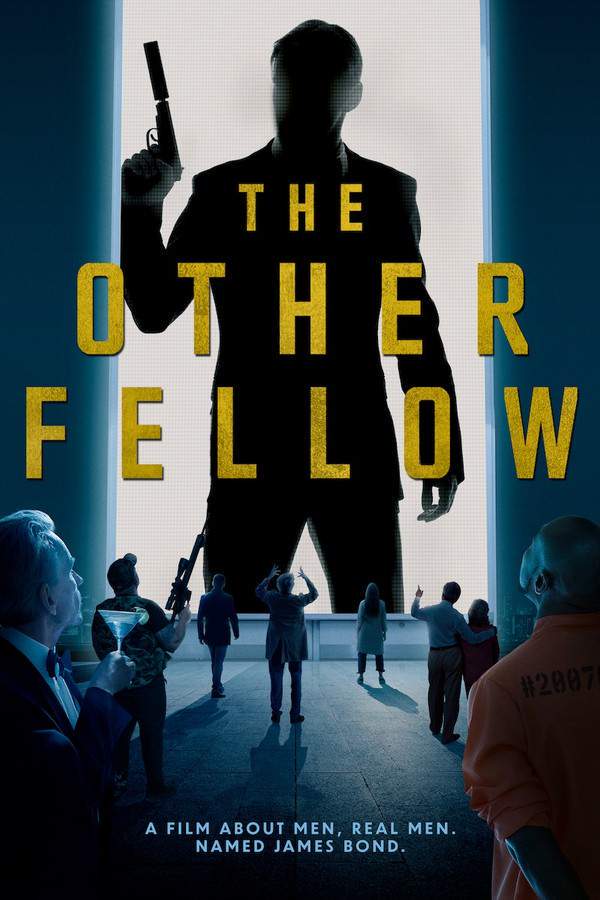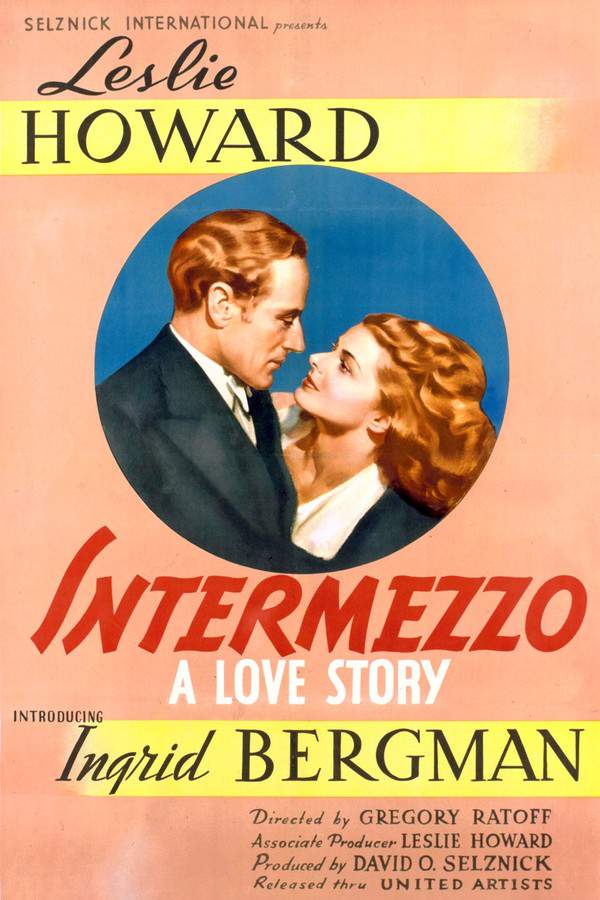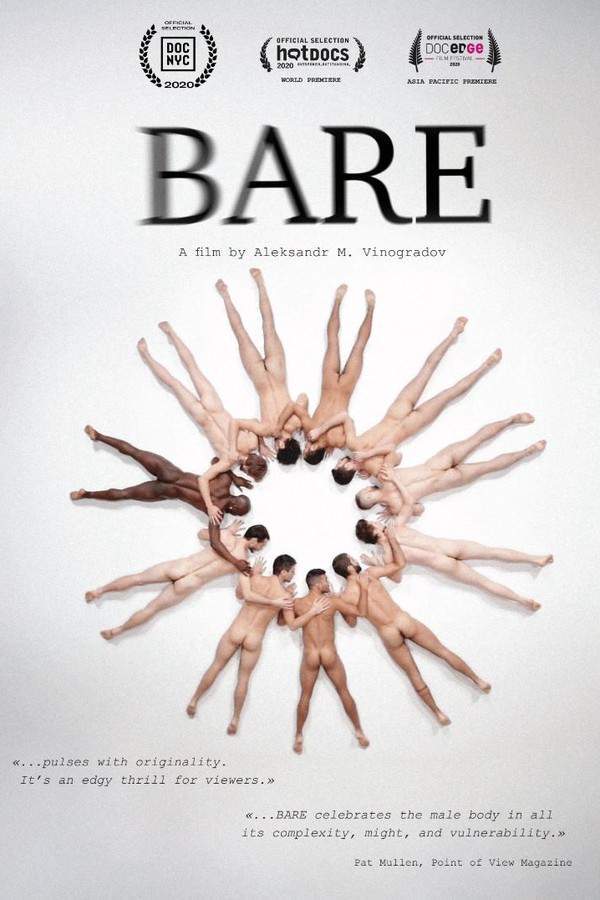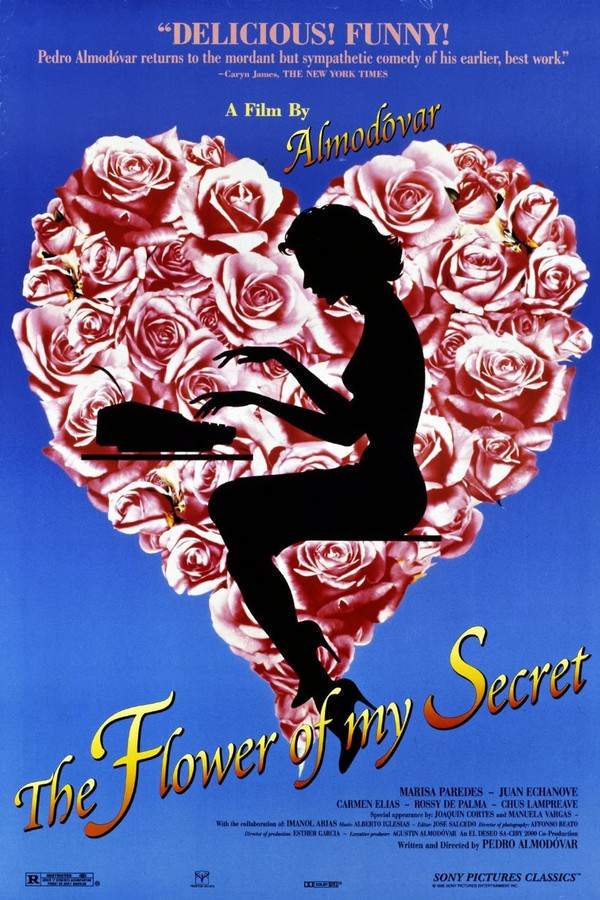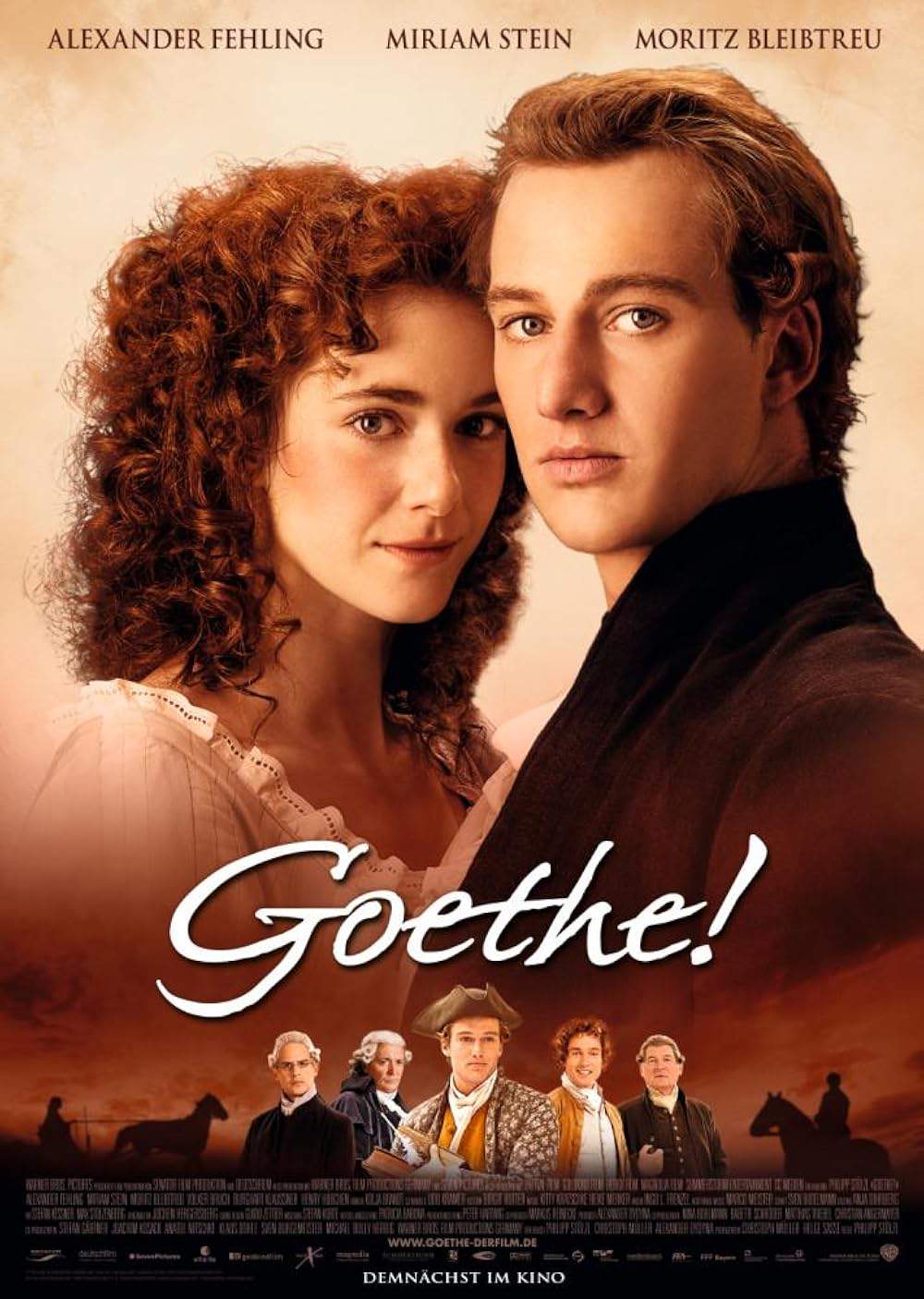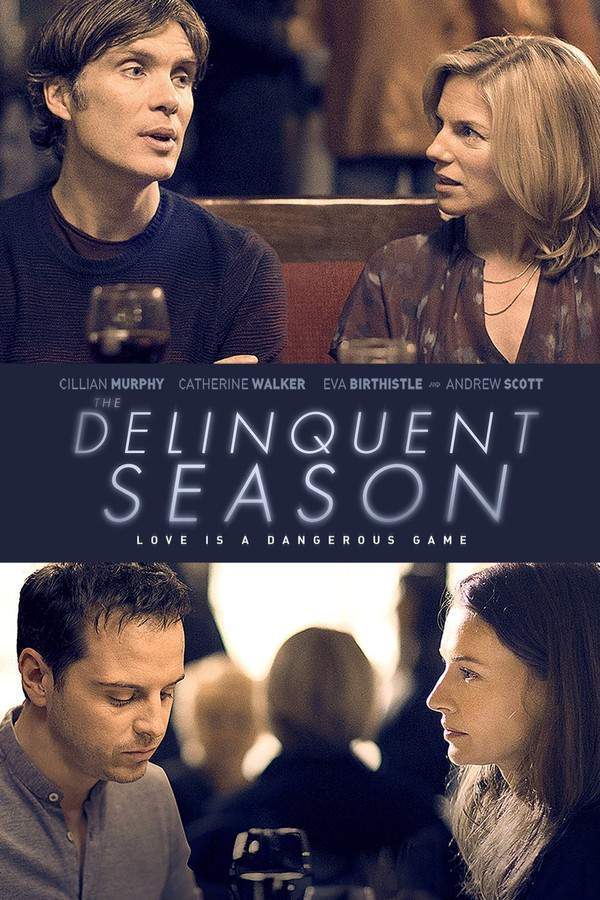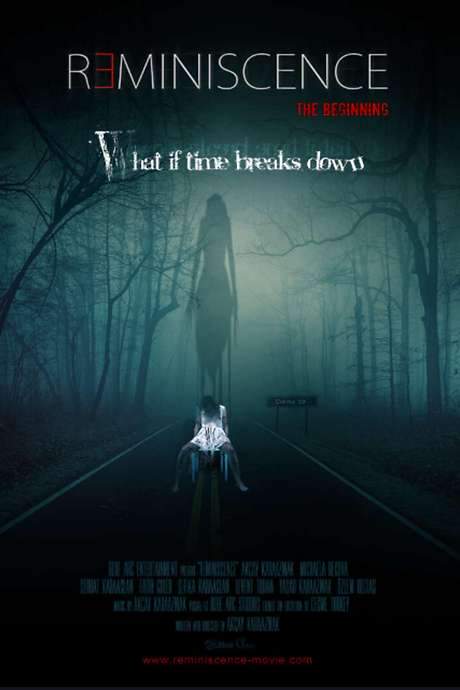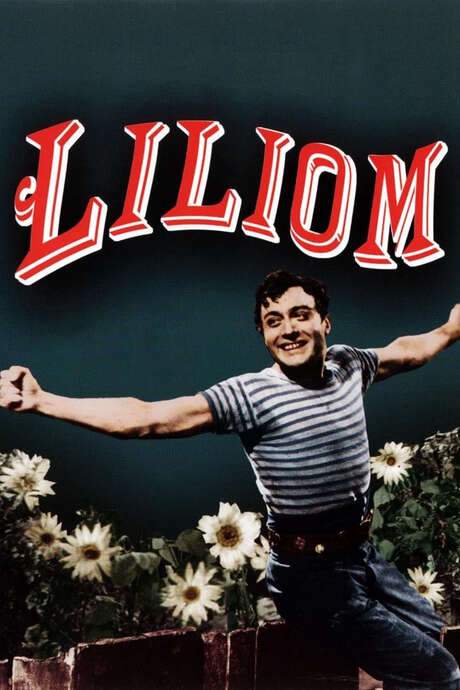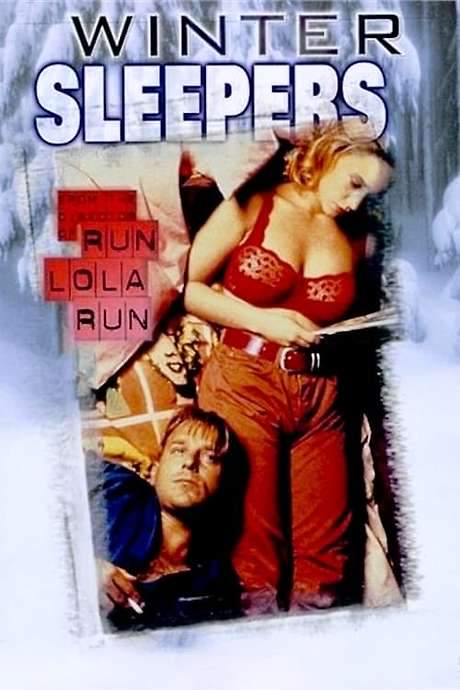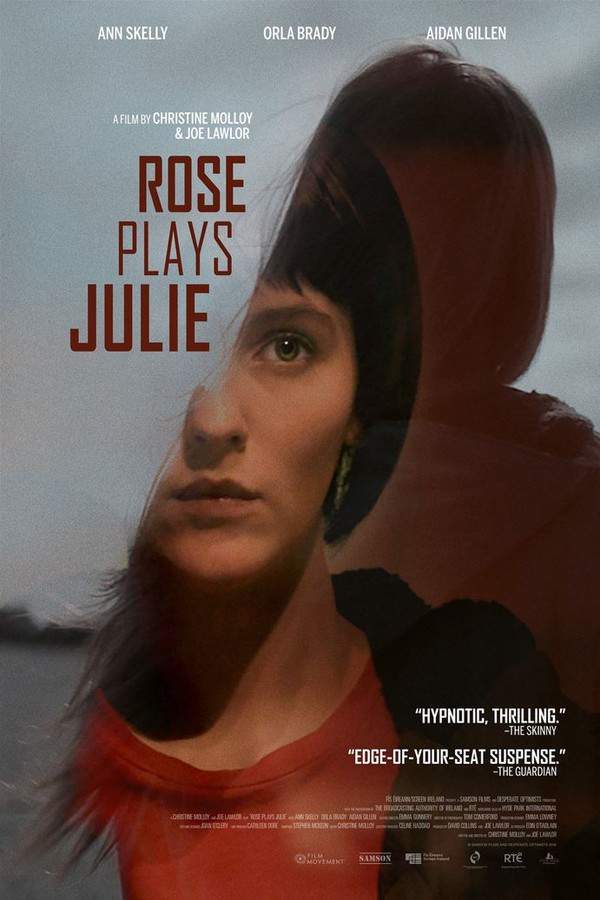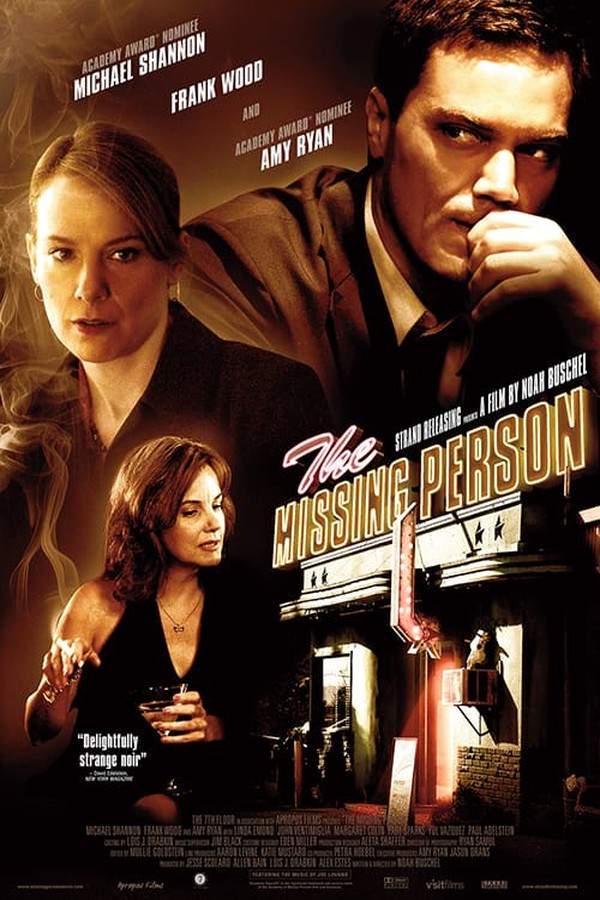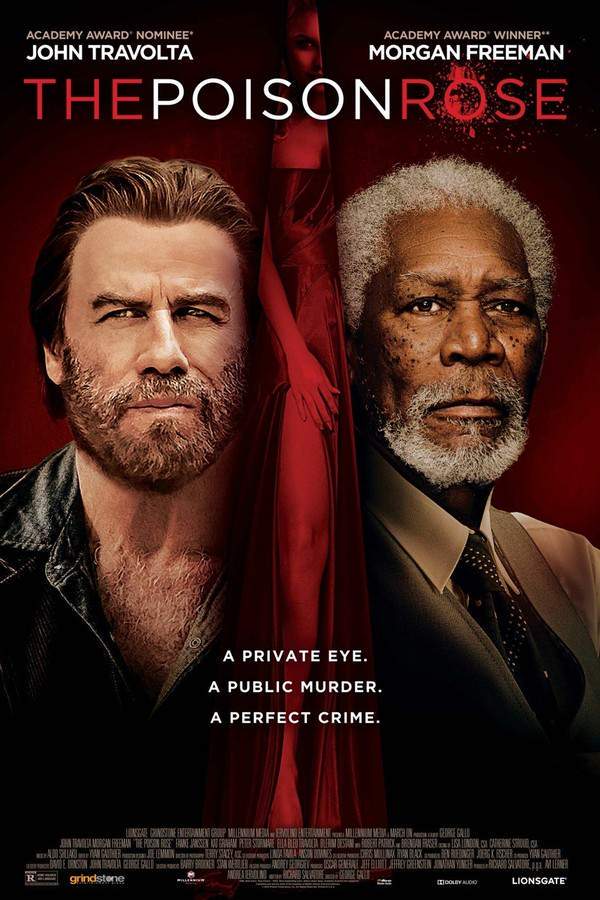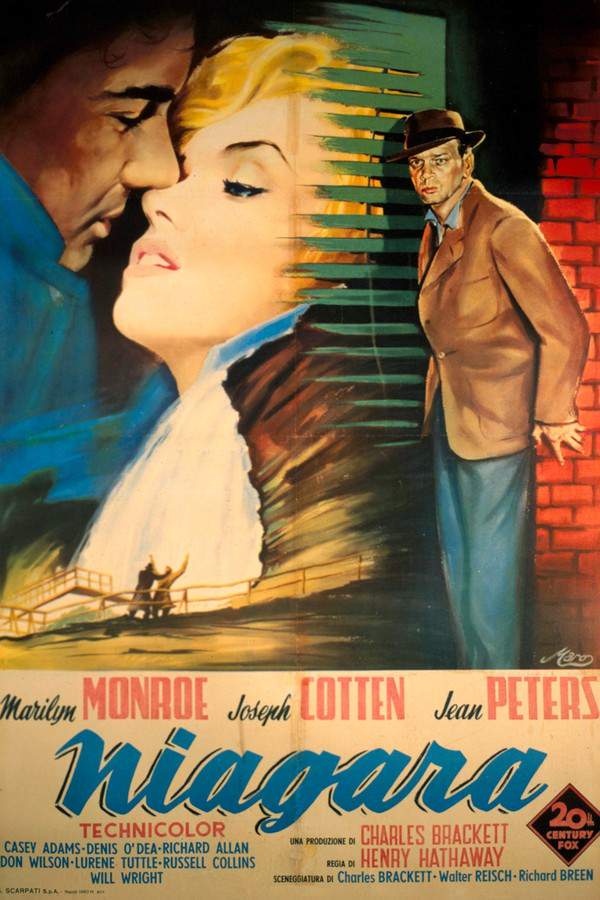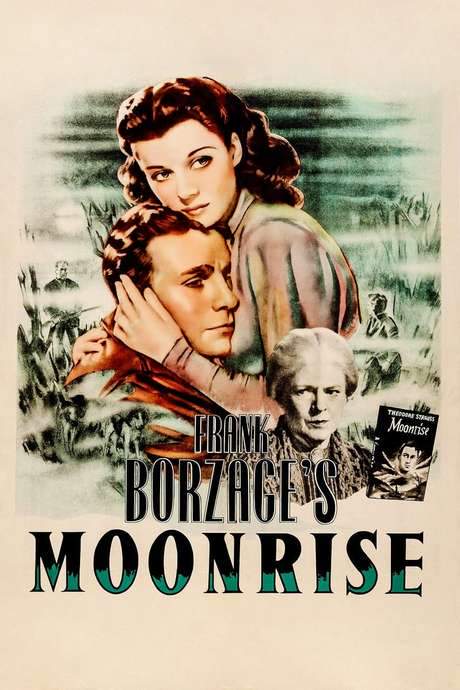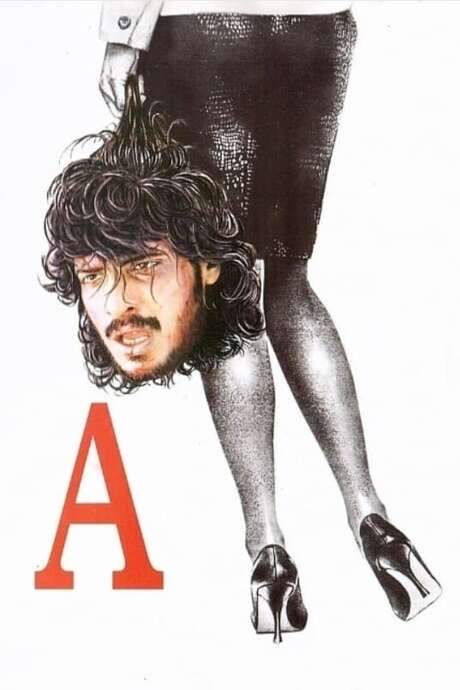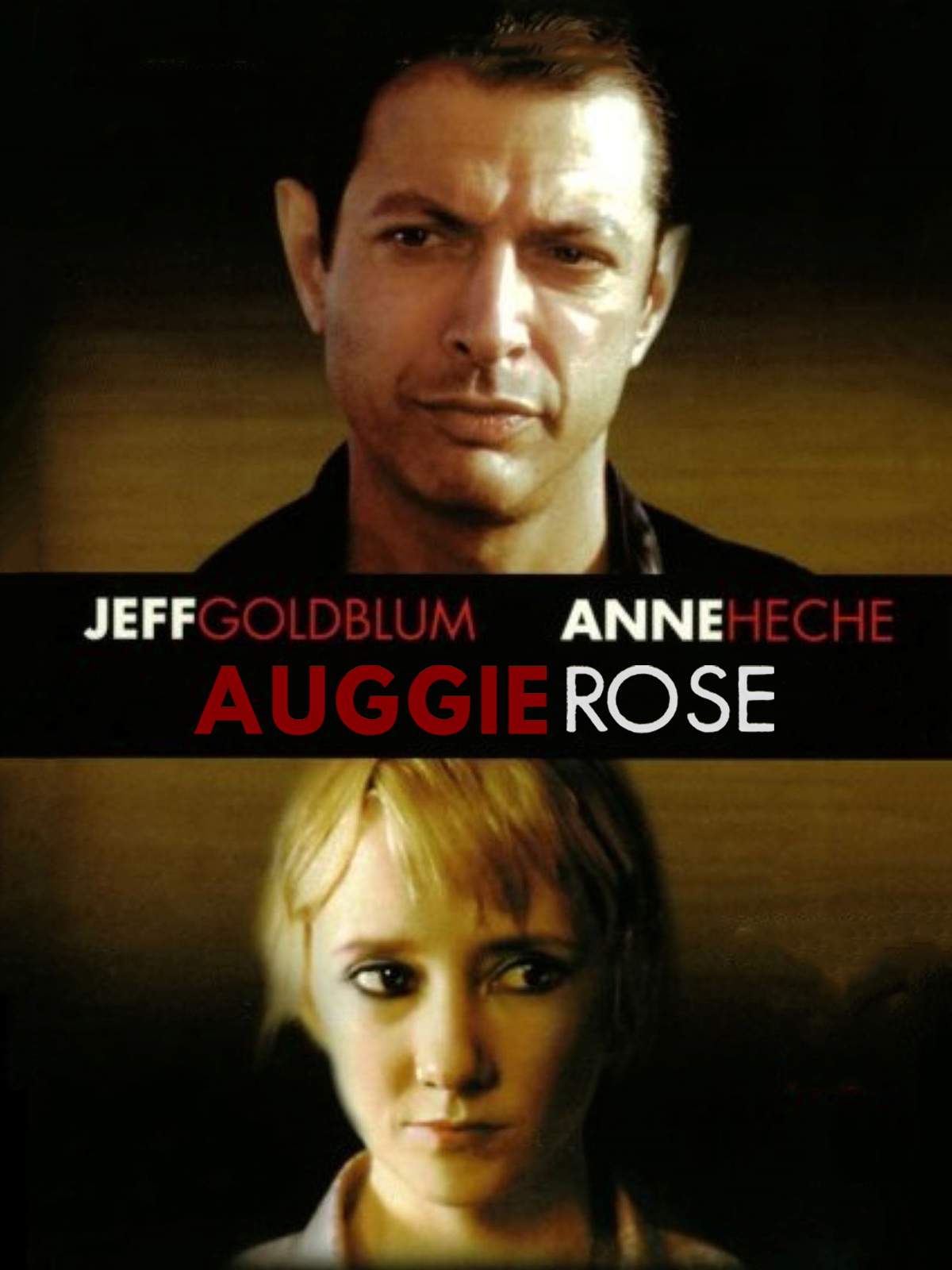
Auggie Rose
Year: 2001
Runtime: 109 min
Language: English
Director: Matthew Tabak
Insurance salesman John Nolan's ordinary life takes a dramatic turn when he discovers the body of a former convict. Compelled by an inexplicable connection, Nolan assumes the dead man's identity, initiating a deceptive journey of self-discovery. He becomes entangled with Lucy, a woman whose life is deeply connected to the man he’s impersonating, and a poignant relationship develops between them as he navigates the complexities of his assumed persona.
Warning: spoilers below!
Haven’t seen Auggie Rose yet? This summary contains major spoilers. Bookmark the page, watch the movie, and come back for the full breakdown. If you're ready, scroll on and relive the story!
Auggie Rose (2001) – Full Plot Summary & Ending Explained
Read the complete plot breakdown of Auggie Rose (2001), including all key story events, major twists, and the ending explained in detail. Discover what really happened—and what it all means.
In the midst of his uninspiring career as a life insurance salesman, John Nolan (Jeff Goldblum) finds his life drastically altered when he inadvertently witnesses the brutal murder of Auggie Rose (Kim Coates), a former convict striving to reintegrate into society. This traumatic event weighs heavily on John, igniting a deep sense of responsibility and anger towards the lack of action from law enforcement in solving the crime and finding Auggie’s loved ones.
As he digs deeper into Auggie’s history, John learns that this man had spent twenty years behind bars for armed robbery before being released—and now murdered under tragic circumstances. Despite warnings from LAPD officer Decker (Richard T. Jones) to stay out of it, John’s obsession intensifies, leading him to neglect his relationship with his girlfriend, Carol (Nancy Travis). Amid this turmoil, a collection of letters unveils a connection between Auggie and Lucy (Anne Heche), a charming Southern woman who remains blissfully unaware of her friend’s fate, set to arrive the following day.
With only his secretary Noreen (Paige Moss) knowing he’s on leave from work, John embarks on a mission to meet Lucy. However, he finds himself taking on the identity of Auggie, moving into his apartment and fostering a relationship with Lucy while securing a position at a local market as a stock boy. Meanwhile, the intriguing Roy Mason (Timothy Olyphant), another ex-con connected to Auggie, approaches John with a plan to rob the L.A. Transit Authority, which handles an impressive haul of $200,000 daily with minimal security. Confronted with this proposition, John grapples with his evolving loyalty to the deceased and the allure of a dangerous heist.
As John’s metamorphosis from a mundane businessman to an audacious free spirit unfolds, he finds joy in the simple pleasures of life and the warmth of his connection with Lucy. Yet, his new persona does not go unnoticed, as both Roy and Decker trail him closely. Tensions mount when Roy, consumed with paranoia, tracks John to his workplace and uncovers a photograph of him, leading to an explosive confrontation outside Auggie’s apartment. Accusations fly as Roy believes that John has maliciously taken Auggie’s identity.
Amidst the chaos, their disagreement culminates in a physical altercation, whereby John ultimately asserts his dominance, compelling Roy to leave. In a surprising turn of events, John decides to appease Roy by offering him a counterfeit insurance policy in Auggie’s name, a policy valued at $100,000, with no designated beneficiary. This move effectively concludes their heated exchange.
Simultaneously, John’s own trauma resurfaces as he grapples with recurring visions of the night he witnessed Auggie’s tragic end. He frequently relives the nightmare—the moment he stepped into the open with a bottle of wine only to meet a sudden, violent fate.
Lucy, sensing John’s turmoil, opens up about her past, revealing that she had once married a man she never loved after Auggie’s death. This marriage was short-lived, disrupted when her husband learned about her letters to Auggie, leading Lucy to confide in John, who represents everything she believed Auggie could have been.
Stricken by Lucy’s revelation, John recognizes it’s time to unveil the truth about himself. This burden of deception proves overwhelming for Lucy, driving her away from John’s life and leaving him to bear the weight of his choices alone.
Navigating this emotional quagmire, John decides to sever his ties with his previous identity, selling his stake in the automotive business to his partner, Carl (Casey Biggs). A poignant moment arises when John runs into Carl’s family at the office, where they seek his financial advice. In a moment of reflection, John offers this sage advice: > “I think you should go home and make love to your wife and pray that nothing bad happens, and ask yourself each day, ‘if it were to end right here right now, would it be enough?’”
This introspection leads John to create a symbolic headstone for himself, inscribed with the phrase “Free at last.” He also tip-offs Decker about Roy’s upcoming heist, resulting in Roy’s apprehension for breaching his parole while attempting to cash in on the life insurance policy.
Finally, as John returns to the bustling market to continue his new life, he is assigned to retrieve a fine bottle of wine from storage. Emerging into the sunlit day, he is unexpectedly greeted by Lucy, who enthusiastically exclaims, “Hi, Auggie.” This encounter throws John off balance, gradually dissolving his defenses as he absorbs the genuine warmth radiating from Lucy’s presence.
Last Updated: November 17, 2024 at 19:43
Explore Movie Threads
Discover curated groups of movies connected by mood, themes, and story style. Browse collections built around emotion, atmosphere, and narrative focus to easily find films that match what you feel like watching right now.
Movies about double lives and identity theft like Auggie Rose
Characters who escape their own lives by stepping into someone else's shoes.If you liked the premise of Auggie Rose, where a man assumes another's identity, you'll find similar stories here. These films and shows explore the psychological drama of living a lie, the romantic entanglements that result, and the heavy burden of maintaining a double life. They are compelling character studies about deception and self-discovery.
Narrative Summary
These narratives typically begin with a catalyst—a death, a chance encounter, or an escape—that allows the protagonist to shed their old life. The plot then follows the intricate web of lies they must weave to maintain their new persona, often centering on a relationship built on false pretenses. The central conflict is internal (the guilt and anxiety) and external (the threat of being exposed), culminating in a crisis of identity.
Why These Movies?
Movies are grouped here because they share the core narrative device of identity assumption. They focus on the emotional and moral complexities of this deception, creating a specific kind of tense, character-driven drama where every interaction is charged with the risk of revelation.
Melancholic dramas of self-discovery like Auggie Rose
Stories of lost souls finding a fragile, bittersweet new beginning.Fans of the melancholic, introspective mood of Auggie Rose will appreciate these films. They feature steady-paced, character-focused narratives about lonely individuals seeking meaning and a second chance. The stories are emotionally weighty and often conclude with a bittersweet sense of resolution, where redemption comes at a personal cost.
Narrative Summary
The narrative pattern follows a character's internal transformation. It begins with a state of isolation or dissatisfaction. A catalyst forces them onto a new path, which is often difficult and fraught with emotional challenges. The focus is less on external action and more on the quiet, incremental steps of personal change, leading to an ending that acknowledges both loss and growth.
Why These Movies?
These films are grouped by their shared atmospheric qualities: a dominant melancholic tone, a steady, deliberate pacing, and a medium level of emotional intensity. They offer a similar viewing experience—contemplative, somber, and ultimately focused on the possibility of redemption amidst sadness.
Unlock the Full Story of Auggie Rose
Don't stop at just watching — explore Auggie Rose in full detail. From the complete plot summary and scene-by-scene timeline to character breakdowns, thematic analysis, and a deep dive into the ending — every page helps you truly understand what Auggie Rose is all about. Plus, discover what's next after the movie.
Auggie Rose Timeline
Track the full timeline of Auggie Rose with every major event arranged chronologically. Perfect for decoding non-linear storytelling, flashbacks, or parallel narratives with a clear scene-by-scene breakdown.

Characters, Settings & Themes in Auggie Rose
Discover the characters, locations, and core themes that shape Auggie Rose. Get insights into symbolic elements, setting significance, and deeper narrative meaning — ideal for thematic analysis and movie breakdowns.

Auggie Rose Spoiler-Free Summary
Get a quick, spoiler-free overview of Auggie Rose that covers the main plot points and key details without revealing any major twists or spoilers. Perfect for those who want to know what to expect before diving in.

More About Auggie Rose
Visit What's After the Movie to explore more about Auggie Rose: box office results, cast and crew info, production details, post-credit scenes, and external links — all in one place for movie fans and researchers.

Similar Movies to Auggie Rose
Discover movies like Auggie Rose that share similar genres, themes, and storytelling elements. Whether you’re drawn to the atmosphere, character arcs, or plot structure, these curated recommendations will help you explore more films you’ll love.
Explore More About Movie Auggie Rose
Auggie Rose (2001) Scene-by-Scene Movie Timeline
Auggie Rose (2001) Movie Characters, Themes & Settings
Auggie Rose (2001) Spoiler-Free Summary & Key Flow
Movies Like Auggie Rose – Similar Titles You’ll Enjoy
Rose Plays Julie (2021) Film Overview & Timeline
The Missing Person (2009) Story Summary & Characters
The Poison Rose (2019) Spoiler-Packed Plot Recap
Julie (1956) Complete Plot Breakdown
Niagara (1953) Ending Explained & Film Insights
Rose Plays Julie (2019) Detailed Story Recap
A Little Trip to Heaven (2005) Complete Plot Breakdown
Grief Street (1931) Story Summary & Characters
A Lovely Way to Die (1968) Plot Summary & Ending Explained
Moonrise (1948) Film Overview & Timeline
A (1998) Ending Explained & Film Insights
Audrey Rose (1977) Story Summary & Characters
The Rose Tattoo (1955) Plot Summary & Ending Explained
In a Lonely Place (1950) Story Summary & Characters
Gun n’ Rose (1992) Full Summary & Key Details


